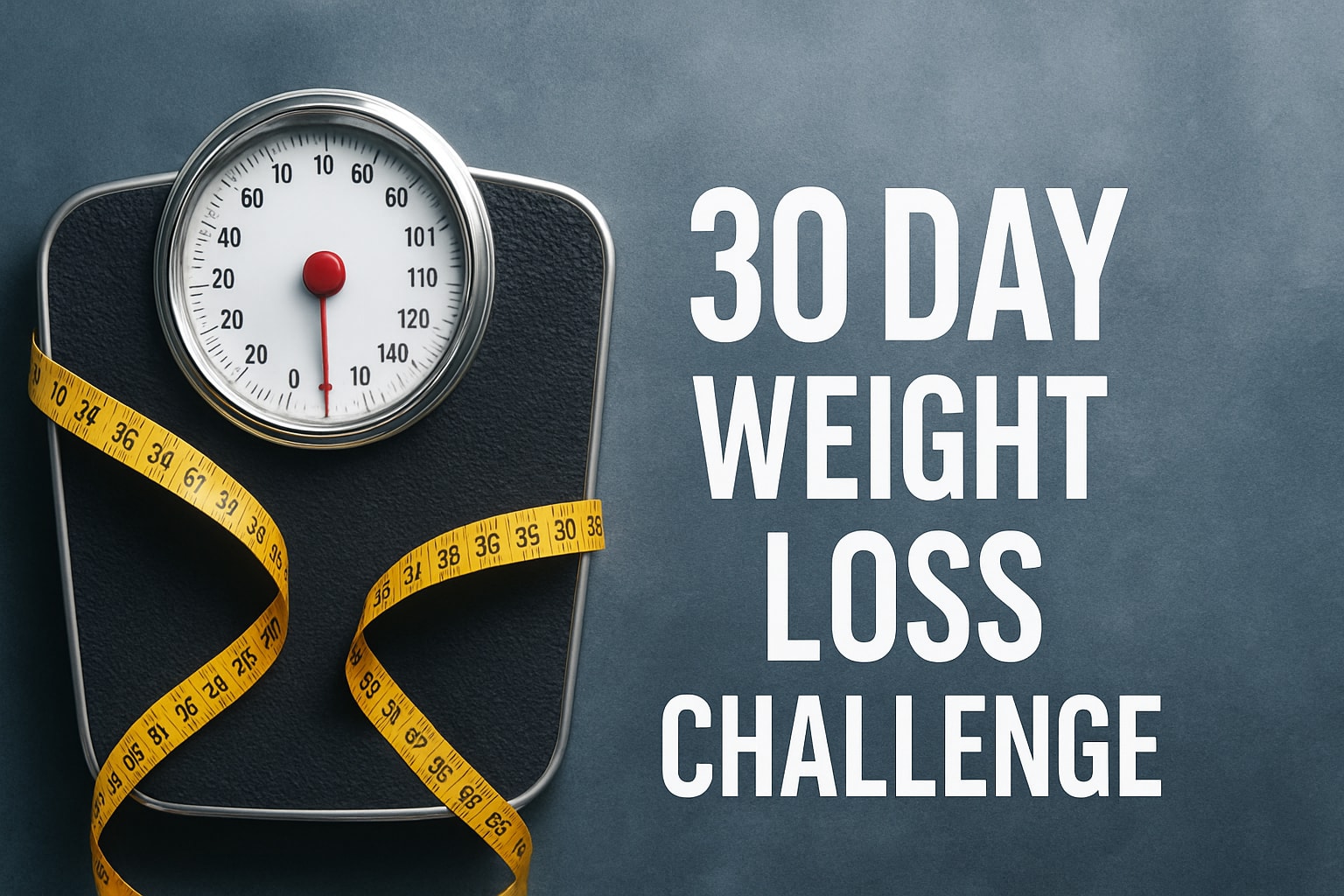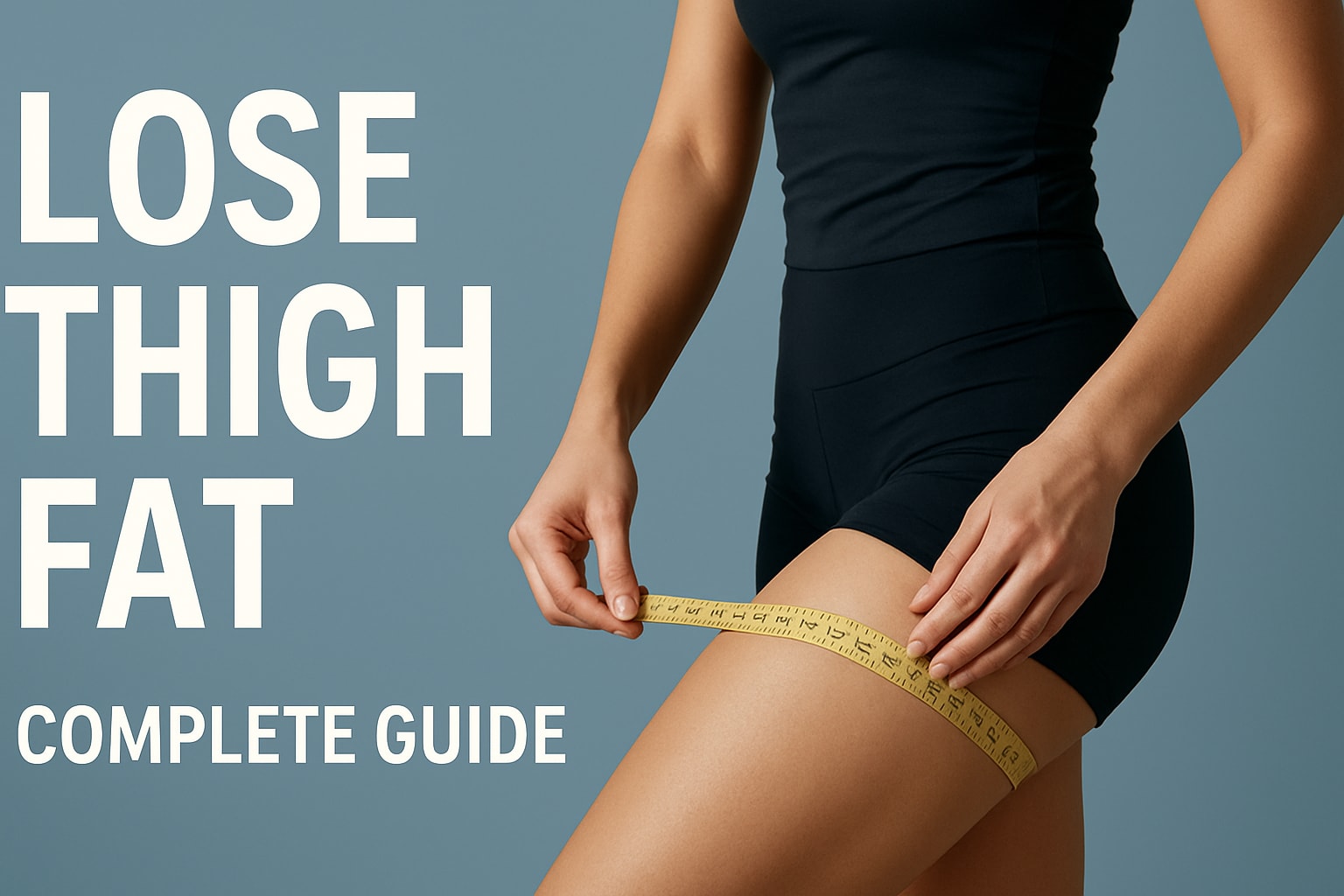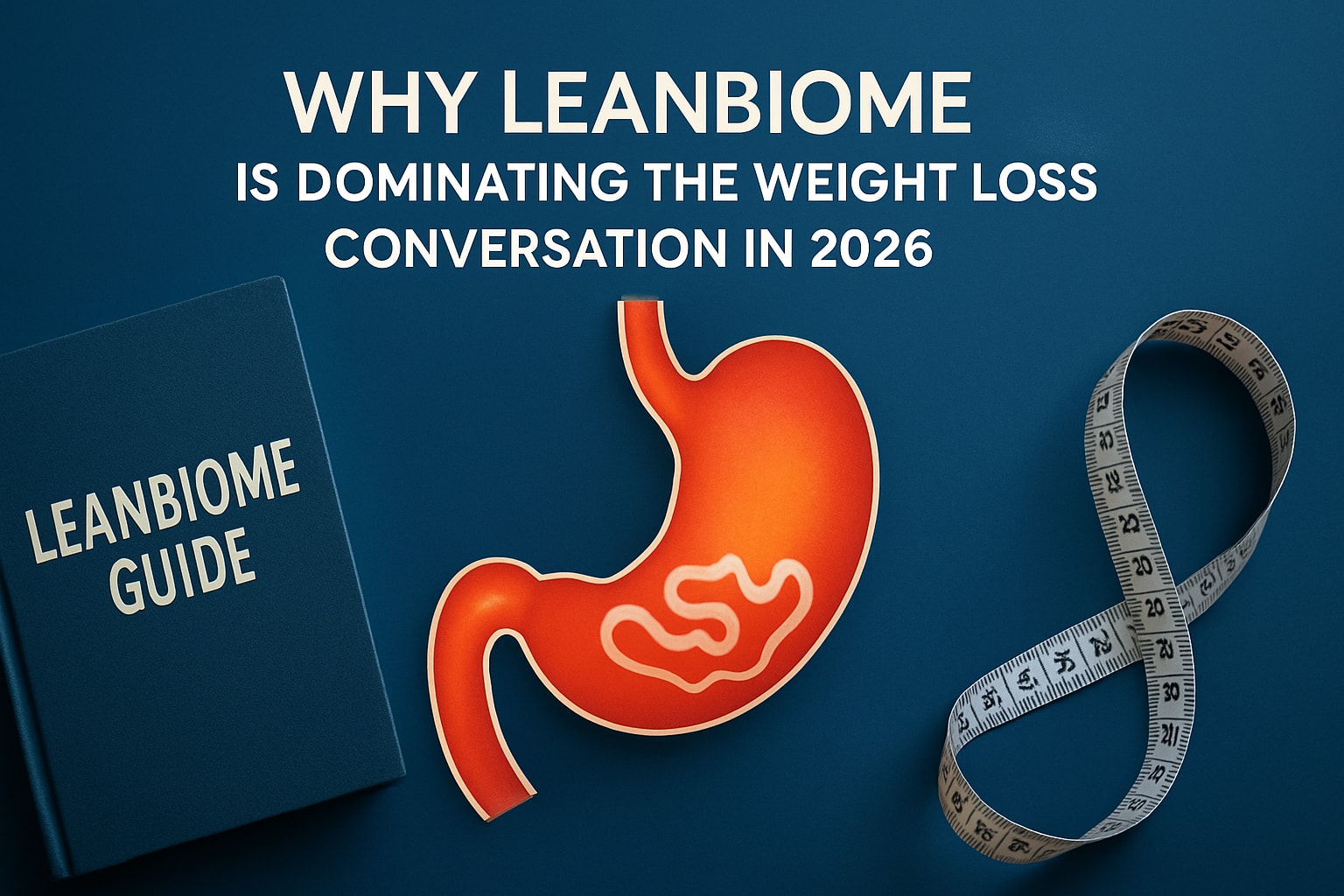Understanding Menopause Belly
Menopause involves a variety of changes in a woman's body, including hormonal changes that might contribute to weight gain, particularly around the waist. This persistent fat accumulation, sometimes known as "menopause belly," is a common concern among women in their forties and fifties. What causes it, and how can it be properly addressed? In this piece, we'll look at the science of menopause belly and practical ways to reduce it.
What Causes Menopause Belly?
Hormonal Changes
During menopause, estrogen levels drop drastically. This hormonal shift modifies the distribution of fat throughout the body, resulting in more abdominal fat storage. Furthermore, lower estrogen levels restrict metabolism, making it easier to gain and harder to lose weight. Women experiencing hormonal fluctuations can benefit from specialized support programs like the Oneleaf Weight Loss Program.
Slower Metabolism
As we age, our metabolism slows, resulting in fewer calories burned during rest. If food habits remain unchanged without increased physical activity, extra calories are stored as fat, particularly in the abdomen. A methodical approach, such as Oneleaf's guided weight loss program, can assist you in changing your diet and activity habits to avoid this.
Muscle mass declines with age, resulting in a slower metabolic rate. Muscle burns more calories than fat, thus losing muscle makes it more difficult to maintain a healthy weight. Strength training and personalized fitness suggestions, like those found in Oneleaf's science-backed technique, can assist in decreasing muscle loss while increasing fat loss.
Insulin Resistance
Many menopausal women have some level of insulin resistance, which can lead to increased fat deposition, especially around the belly. This condition also raises the risk of developing type II diabetes.
Stress and Cortisol Levels
Stress causes a rise in cortisol, a hormone associated with belly fat storage. Menopause can be stressful, and chronic stress makes reducing weight more difficult.
How to Get Rid of Menopause Belly
Adopt a Balanced Diet
- Eat full, nutrient-dense foods like lean protein, vegetables, fruits, and healthy fats.
- Avoid processed foods, added sugars, and refined carbohydrates to prevent insulin spikes and fat storage.
- Increase your fiber intake to improve digestion and promote fullness, which can aid in weight management.
Incorporate Strength Training
- Strength training at least 2-3 times a week promotes muscle mass, increases metabolism, and burns fat.
- Resistance exercises such as squats, lunges, and weight lifting are particularly beneficial in reducing age-related muscle loss.

Engage in Regular Cardio Workouts
- Brisk walking, swimming, cycling, and HIIT (High-Intensity Interval Training) are all great strategies to burn calories and lose weight.
- Aim for at least 150 minutes of moderate-intensity exercise per week.
Manage Stress Levels
- Mindfulness, meditation, and yoga can help lower cortisol levels and prevent stress-induced weight gain.
- Ensure that you are getting enough quality sleep, as insufficient sleep can disrupt hormones that regulate hunger and metabolism.
Stay Hydrated
- Drinking enough water increases metabolism and regulates appetite.
- Herbal teas and infused water are also good alternatives to sugary drinks.
Consider a Holistic Weight Loss Program
The Oneleaf Weight Loss Program offers science-backed solutions for women going through menopause. Oneleaf helps women build long-term habits that support their health and well-being through guided nutrition, behavioral coaching, and self-hypnosis.
Conclusion
Menopause belly is a common but manageable problem induced by hormonal changes, metabolic alterations, and lifestyle choices. Adopting a good diet, exercising regularly, managing stress, and staying hydrated will all help you shed belly fat and improve your overall health throughout menopause. While the process may require patience and perseverance, making small, sustainable improvements will result in long-term benefits. If you're struggling with menopause-related weight gain, speak with a nutritionist or fitness professional for personalized counsel, or look into programs like Oneleaf, which provide holistic support for menopausal women.
















